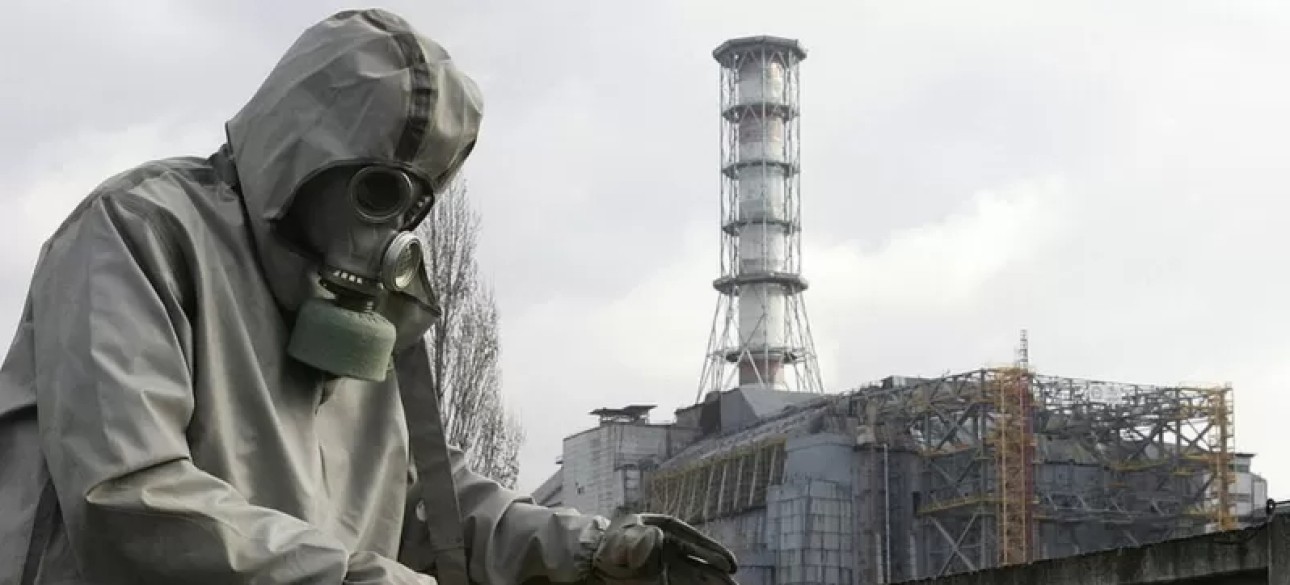
These were purposeful but indirect actions to damage the nuclear power plants of Ukraine, which provide more than 55% of electricity production in the country. Our NPP is an island of Ukraine's energy stability. What did Russia try to do? First, we cut out our power units without blowing directly through NPPs or switchgear near NPPs, and trying to destroy peripheral substations. It is a kind of hybrid way of cutting down atomic generation.
Secondly, in parallel, Russia launched a powerful IAEA misinformation and discrediting campaign on the Kursk NPP. The visit of the Maga Grosssey head to the Russian NPP in Kurchatov was extremely promptly organized. Despite his statement that the Kursk NPP works in a "mode close to normal", Rosa Likhachev's head gives his visit as an agreement ". . . about the unobstructed reactance NPP.
Other two -digit Grossi statements (regarding the risk of a nuclear incident, regarding the vulnerability of RBMK reactors) are interpreted by the Russian side as "IAEA on the side of Russia". Russia, acting in an indirect way, tries to bypass Article 56 of the additional protocol and to the Geneva Conventions: Article 56 "Protection of works and attitudes containing dangerous forces" 1.
works or installations containing dangerous forces, namely dams, dams and nuclear power plants , they should not become the object of the attack, even if these objects are military objects, if such an attack can lead to the release of dangerous forces and, as a consequence, serious losses among civilians.
Other military facilities located on or or near these works or installations should not become the object of the attack if such an attack can lead to the discharge of dangerous forces from work or installations and, as a consequence, serious losses among the civilian population.
Detailed provisions for ensuring the safety of dangerous objects in the process of hostilities are contained in the first additional additional protocol of 1977 (AP I) to the Geneva Conventions, as well as in the second additional protocol of 1977 (AP II) and customary international humanitarian law . Nuclear power plants are civil objects and as protected from direct attack and repression (Article 48 API; Rule 7 CI HL).
In case of doubt as to whether a nuclear power plant is used for an effective contribution to hostilities, it should be considered civil (Article 52 (3) API), even in the conflict zones (ICRC comment on API, paragraph 2034). The obligation of the parties to the armed conflict is constantly taking care of the preservation of civilians, civilians and civilians during all military operations (Article 57 (1) API; Rule 15 CI HL) is especially important when it comes to NPPs.
Given the risk of radiation release and subsequent serious consequences for the civilian population, the parties should be careful about the movement of troops, maneuvers and other hostilities near such objects. What I do not see now is a reaction to the official level from Ukraine. Moreover, Russia is bluffing, because if the threat of curaes took place, they would turn off two working units. But our landing nuclear people want something to build (read - theft) again, now in Chyhyryn.
And the Ministry of Foreign Affairs of the Russian Federation, at the same time, accuses Ukraine of "nuclear terrorism", while its armed forces have seized and control the largest Ukrainian NPP, and the Armed Forces did not show no intentions in the course of the Kursk operation to capture the Russian NPP. However, again, from the official level, we do not see the proper reaction and counteracting the racist nuclear blackmail.










All rights reserved IN-Ukraine.info - 2022